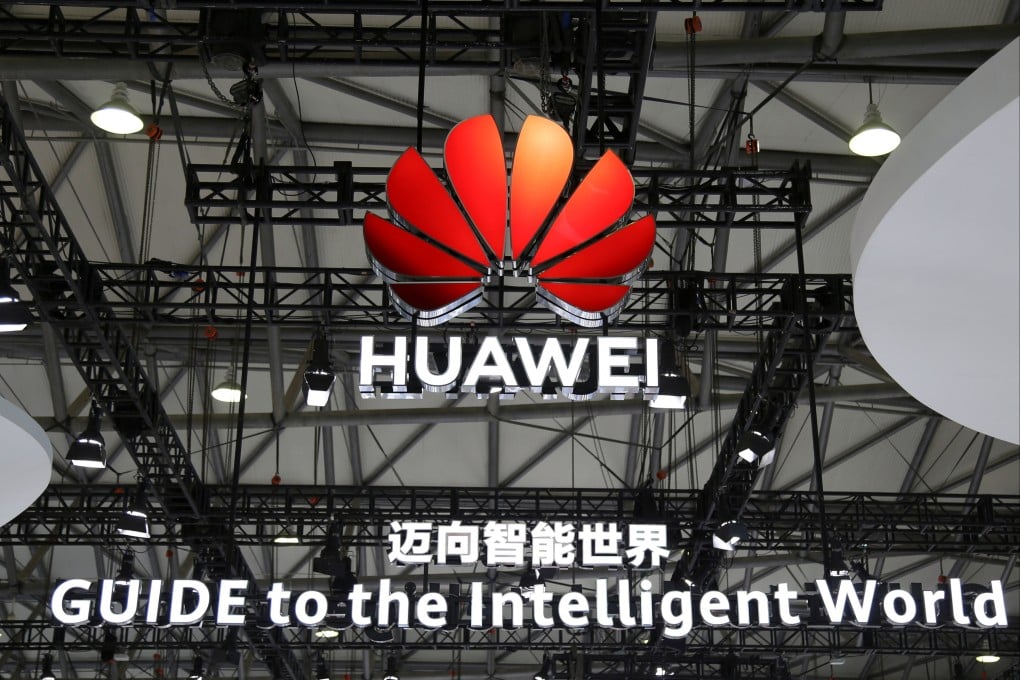Huawei taps into computing power shortage in China, touts self-developed AI tech amid ChatGPT craze
- The Shenzhen-based company says it wants to help clients build and train their own AI models with its self-developed AI processors and framework
- However, Huawei plays down comparison between its AI model Pangu and ChatGPT, stressing that the company only targets enterprise clients

At its cloud developer conference in southern China’s Dongguan city on Friday, Huawei unveiled the 3.0 version of its Pangu AI model, with a sharpened focus on industrial uses in various sectors including coal mines, finance and government.
The Shenzhen-based company said it wants to help clients build and train their own AI models with its self-developed Ascend AI processors and AI framework MindSpore – the underlying technology supporting Pangu.
“The computing power in China can hardly keep up with the surging demand, as many companies are paying high prices to get Nvidia graphics processing units, with a long lead time,” Zhang Pingan, CEO of Huawei Cloud, said at a media briefing after the launch. “We hope to offer an alternative in terms of AI computing power.”
Washington imposed new export restrictions last August that block Chinese companies from buying the most advanced AI chips from US semiconductor suppliers Advanced Micro Devices and Nvidia. The latter holds a near monopoly on GPUs used to train AI systems.
